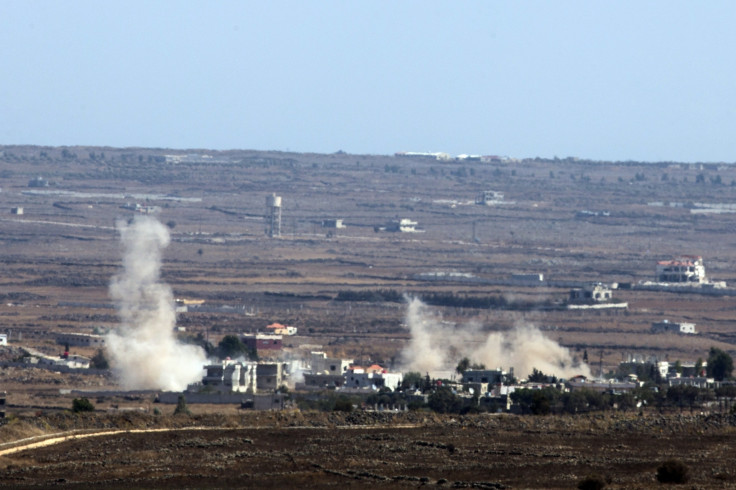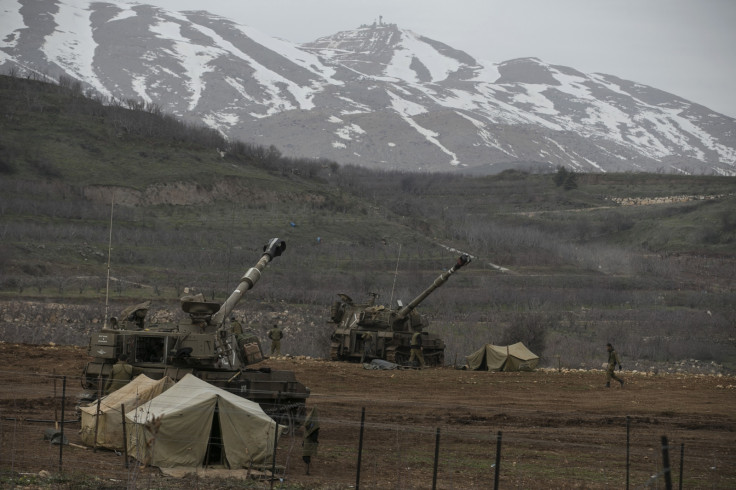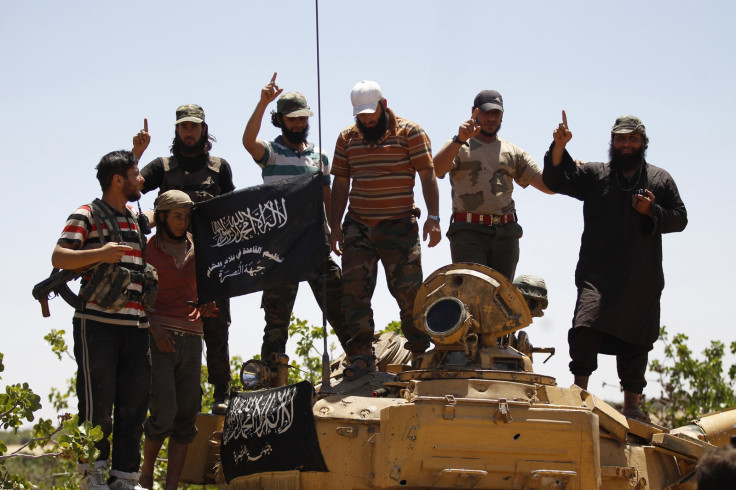Isis in Syria: Israel boosts troop numbers on Golan as it fears Islamists gaining foothold

Israel has been bolstering its forces on the Golan Heights amid fears that Islamic State (Isis) jihadists are close to gaining control of the Syrian side of the strategic plateau.
Since the 1973 Yom Kippur War, the Golan has been Israel's quietest border, due mainly to the fact that neither successive Israeli governments nor the regimes of Hafez and Bashar al-Assad had any interest in entering into a direct military conflict.
Although there have been proxy wars, three times in Lebanon, in 1978, 1982 and 2006, and the Assads have supported Lebanese and Palestinian extremist groups, the Golan itself has remained quiet.
However, as the brutal Syrian civil war has continued, and the Assad regime has lost ground, several groups have tried to stir up trouble in the Golan, captured from Syria in the 1967 Six-Day War.

Over the past few months, Israel has had to return fire against targets in Syria after rockets and artillery was fired into its territory. It has also launched several airstrikes against Hezbollah bases in Syria where it feared the Shi'a militia was storing long-range missiles to be used against the Jewish state.
And in the past two months, Israeli media have reported, the country's forces have foiled two attempts by Isis fighters to establish a presence on the border as the Sunni Islamists expended their control over Syria.
According to Ynet, the website of the Yediot Achronot daily the first attempt was thwarted at the beginning of May 2015 south of Quneitra, where secular anti-Assad Syrian rebels overcame an armed group from the Isis-affiliated Jaysh al-Jihad group.
The second attempt, in the southern Golan Heights on 18 May, where members of the Free Syrian Army, working with the Islamist Jabhat al-Nusra (Nusra Front), overpowered Isis-loyalists from the Shuhada al-Yarmouk Brigades.
Israel has sought to play down these events, with one defence source telling the Jerusalem Post English-language daily that the Golan enjoys "a pastoral life, a prosperous tourism industry and fruitful agriculture. With the exception of a few small events that Israel has control over, the situation is considered very stable."
This "pastoral life with prosperous tourism" has not stopped the Israeli Defence Force sending Merkava main battle tanks, armoured personnel carriers and artillery to the border.

The fighting has also posed a dilemma for the Israelis – who do they want to win, the al-Qaeda and Isis-inspired Sunnis or the Iran-backed Assad regime.
Amos Yadlin, a former senior Israeli intelligence officer and now a member of the opposition Zionist Union party, told the Wall Street Journal: "There is no doubt that Hezbollah and Iran are the major threat to Israel, much more than the radical Sunni Islamists, who are also an enemy."
But, he added: "Those Sunni elements who control some two-thirds to 90% of the border on the Golan aren't attacking Israel. This gives you some basis to think that they understand who is their real enemy - maybe it isn't Israel."
Maybe a quip by Bashar al-Assad in an interview in March 2015 with Foreign Affairs Magazine is revealing. "Some in Syria joke: 'How can you say that al Qaeda doesn't have an air force? They have the Israeli air force," he said. "They are supporting the rebels in Syria. It is very clear."
© Copyright IBTimes 2025. All rights reserved.





















